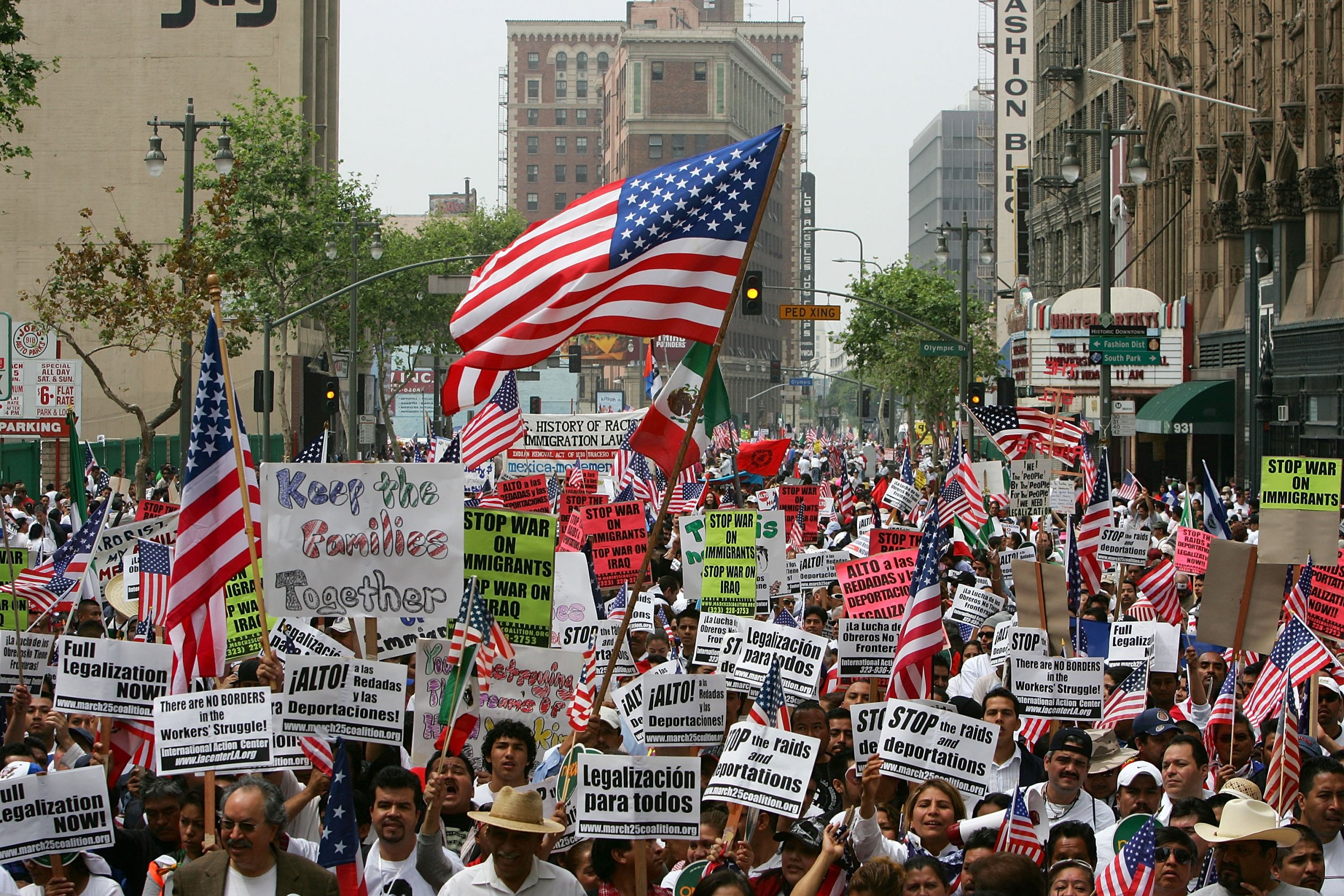
May Day, celebrated on May 1, has taken on many meanings over the centuries, and it wasn't until the 19th century that it became known as International Workers' Day in the United States. Here's what you need to know about the holiday workers around the world were celebrating Tuesday.
Early meanings
In the British Isles, the Celts held the Beltane festival, or May Day festival, on May 1 to symbolize the transition every year from dark to light and fertility in the world. By the 19th and 20th centuries, Americans were partaking in May Basket Day, hanging baskets filled with flowers and treats on their friends and neighbors' doors.
International Workers' Day
May Day took on a labor rights meaning during the Industrial Revolution, when thousands of working men, women and even children died annually due to harsh conditions. Laborers commonly worked 10 to 16-hour work days in an unsafe environment, according to the Industrial Workers of the World.
The Federation of Organized Trades and Labor Unions, which become the American Federation of Labor, during a Chicago convention in 1884 proclaimed that a legal work day would be eight hours starting on May 1, 1886.
On that day, 40,000 workers in Chicago and more than 300,000 laborers from 13,000 businesses across the U.S. staged walkouts, with the proclamation backed by the country's biggest labor organization at the time, the Knights of Labor.
The demonstrations were peaceful until May 3, when Chicago police officers killed and wounded several laborers during a clash at the McCormick Reaper Works manufacturing plant. The next day, strikers rallied at Haymarket Square in protest. As police began to disperse the Haymarket Riot, an unidentified suspect launched a bomb that killed at least seven officers and eight civilians died. Eight men considered anarchists were convicted in connection with the riot bombing in August 1886 despite a lack of concrete evidence.
The disappearing jobs of yesterday.
— AFP Photo (@AFPphoto) April 27, 2018
Ahead of May Day, #AFP spoke to men and women around the globe whose jobs are becoming increasingly rare, particularly as technology transforms societies - https://t.co/cLiEzPvdsZ
More images can be found on https://t.co/dLdQqdldXQ pic.twitter.com/fnbvQvwyRY
May Day's history has since been embraced by governments across the world, not only those with communist or socialist roots. President Dwight D. Eisenhower attempted to distance to May Day from the Haymarket Riot by declaring May 1 in 1958 as "Law Day," honoring the law in the U.S.
Uncommon Knowledge
Newsweek is committed to challenging conventional wisdom and finding connections in the search for common ground.
Newsweek is committed to challenging conventional wisdom and finding connections in the search for common ground.
About the writer
A Los Angeles native, Jessica Kwong grew up speaking Spanish, Cantonese and English, in that order. Her journalism career started ... Read more
To read how Newsweek uses AI as a newsroom tool, Click here.








